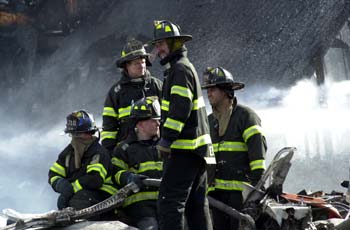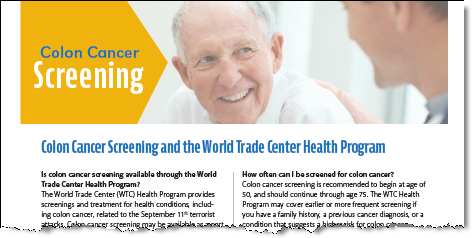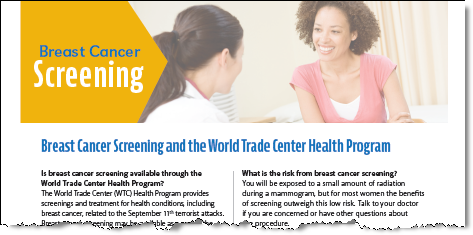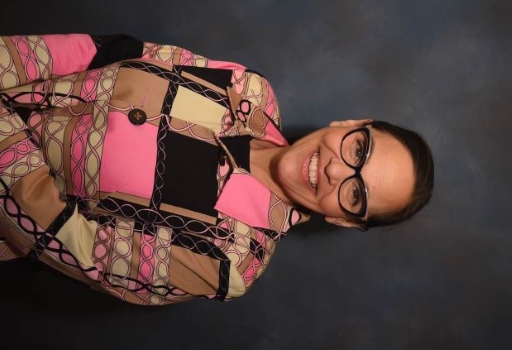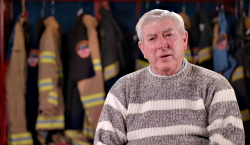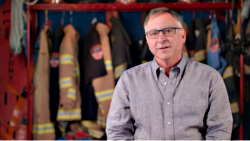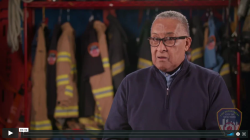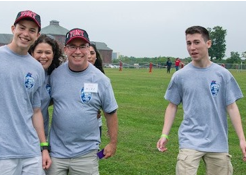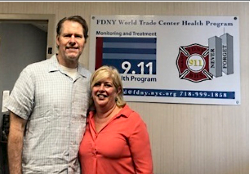Welcome to the FDNY WTC Clinical Center Website
 The FDNY CCE and its World Trade Center (WTC) Health Program provide comprehensive physical and mental health services to all active and retired FDNY members who responded to the 9/11 attacks. This program is based within the Department’s Bureau of Health Services (BHS) and evolved from efforts that began decades before September 11, 2001, and continued uninterrupted on September 11, 2001, treating injured FDNY rescue workers (firefighters and emergency medical services [EMS]) and civilians at ground zero, even as the towers fell. This treatment continued in the disaster’s aftermath to provide physical and mental health treatment to our rescue and recovery workers in the days, months, and now years, after.
The FDNY CCE and its World Trade Center (WTC) Health Program provide comprehensive physical and mental health services to all active and retired FDNY members who responded to the 9/11 attacks. This program is based within the Department’s Bureau of Health Services (BHS) and evolved from efforts that began decades before September 11, 2001, and continued uninterrupted on September 11, 2001, treating injured FDNY rescue workers (firefighters and emergency medical services [EMS]) and civilians at ground zero, even as the towers fell. This treatment continued in the disaster’s aftermath to provide physical and mental health treatment to our rescue and recovery workers in the days, months, and now years, after.
A letter to our members
A letter to our members from our new WTC Clinical Center Director, Dr. Jayson Park.
Patient Process
The Program provides a comprehensive monitoring and treatment exam, at no cost to you. The exam is very similar to those active members receive.
Newsletters
Find out the lastest news about the program.
Research Outcomes
Since 9/11, research has been conducted that specifically addresses the health effects of exposure to the WTC disaster site, with focus on first responders.
Cancer Screening Initiatives
Read about the cancer screening intiatives offered by the FDNY WTC Health Program.
Chief of Staff (COS) Elizabeth Cascio - A Heroic Survivor
"As an EMS female cancer survivor, I have an obligation to spread the message — busy lives are not an excuse for postponing annual medicals, including PAP smears and mammograms."
Click here to read about Cascio's journey to recovery.





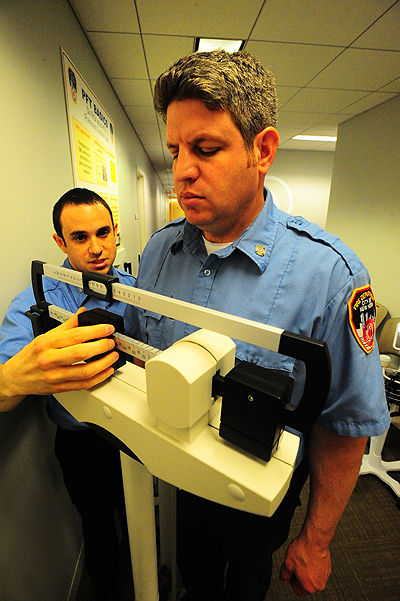
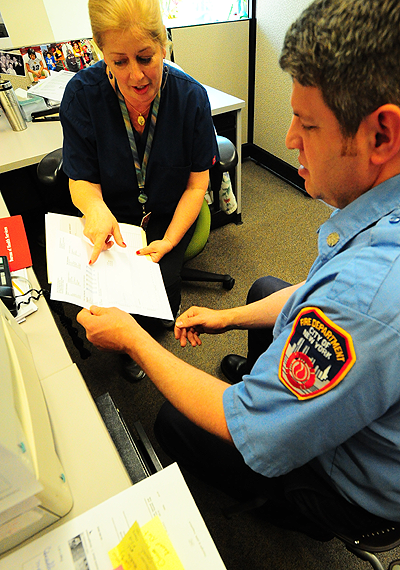 To ensure accurate test results, please follow these instructions:
To ensure accurate test results, please follow these instructions: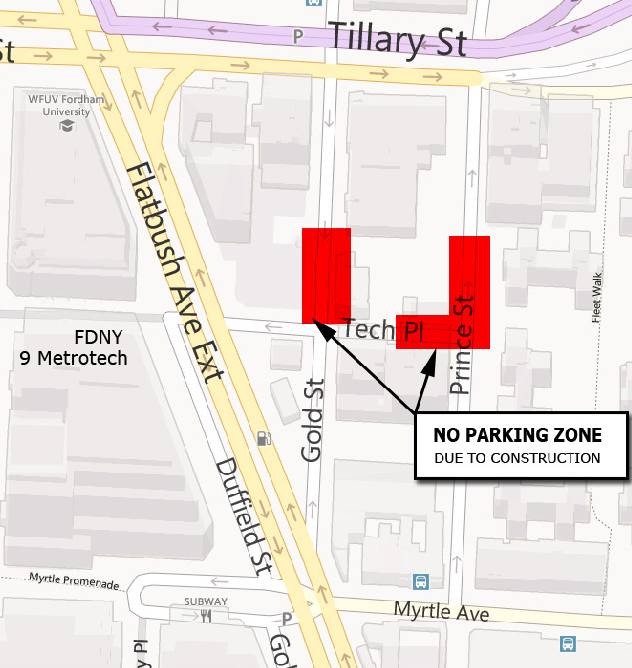
 FDNY World Trade Center Health Program
FDNY World Trade Center Health Program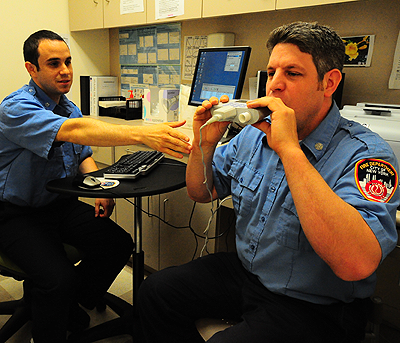 Persistent Hyperreactivity and Reactive Airway
Dysfunction in Firefighters at the World Trade Center
Persistent Hyperreactivity and Reactive Airway
Dysfunction in Firefighters at the World Trade Center